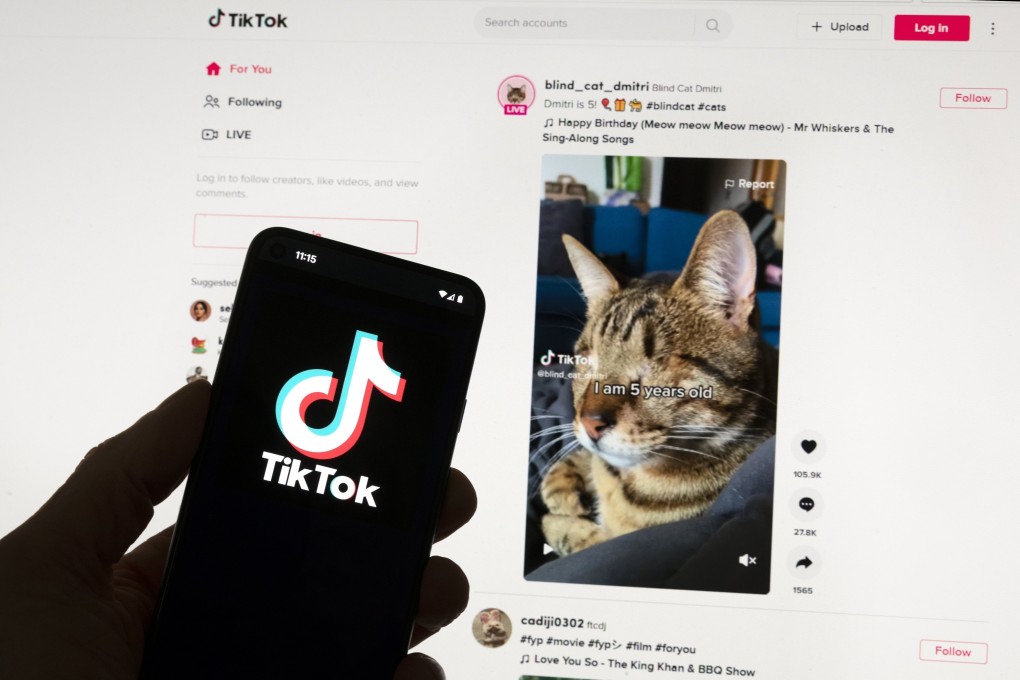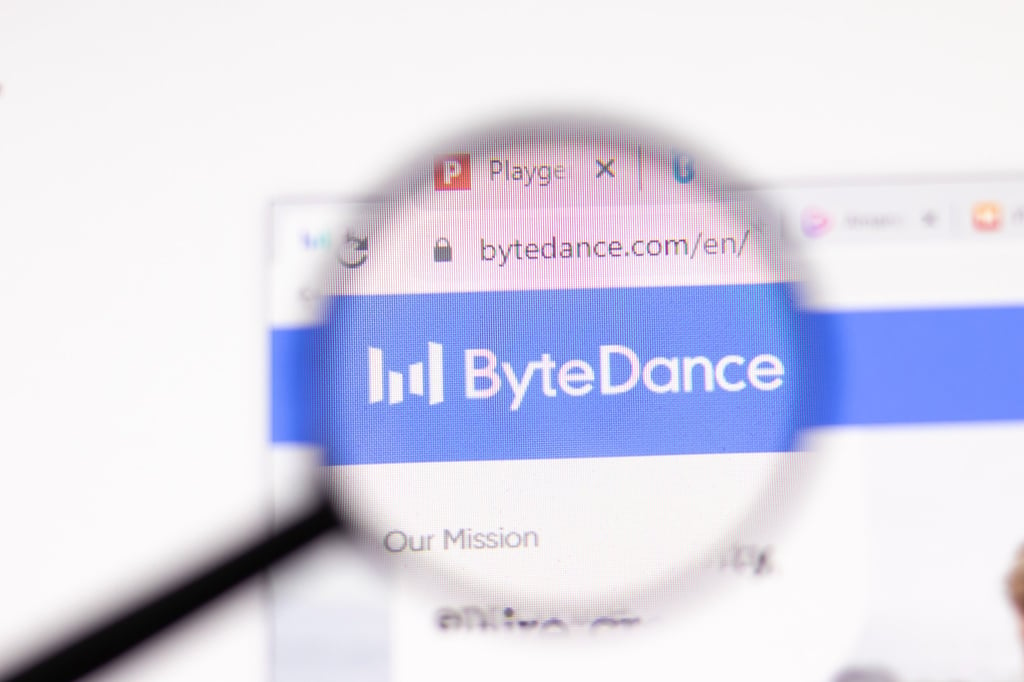TikTok fails to reverse EU decision that triggers annual compliance cost of US$1.5 million
- ByteDance, the only Chinese company designated a gatekeeper, argued that its valuation mainly resulted from its businesses in China

ByteDance, the owner of global hit short video platform TikTok, has lost a legal challenge that sought to reverse a European Union decision stating that the firm should not favour its own service over rivals.
In a ruling on Wednesday, the EU General Court said it “dismissed ByteDance’s action” seeking to avoid it being designated as a “gatekeeper” under the Digital Markets Act (DMA), which took effect in March.
The gatekeeper label, which applies to six other tech giants – Google owner Alphabet, Facebook operator Meta Platforms, Apple, Amazon.com, Microsoft and Booking, which runs online travel agency Booking.com – prohibits a company from self-preferencing, combining personal data across services without consent, or preventing users from uninstalling pre-installed applications.
The European Commission estimated that the annual cost for such compliance will be 1.41 million euros (US$1.5 million) per platform. Breaches would lead to fines of up to 10 per cent of the company’s total worldwide turnover, which can be increased to 20 per cent in case of repeated infringements.

ByteDance, the only Chinese company designated a gatekeeper, initiated legal action in November, arguing that its valuation mainly resulted from its businesses in China, where it operates TikTok’s local version Douyin and news aggregator Jinri Toutiao, and that the scale of TikTok was smaller than some other social-networking sites such as Facebook and Instagram.
